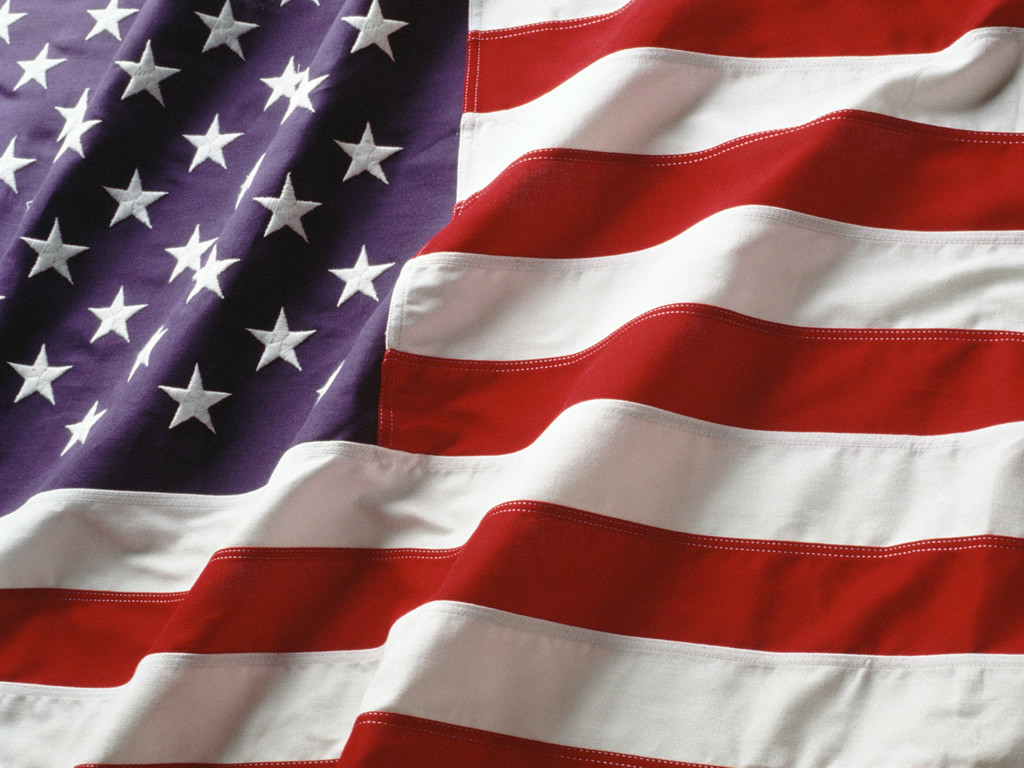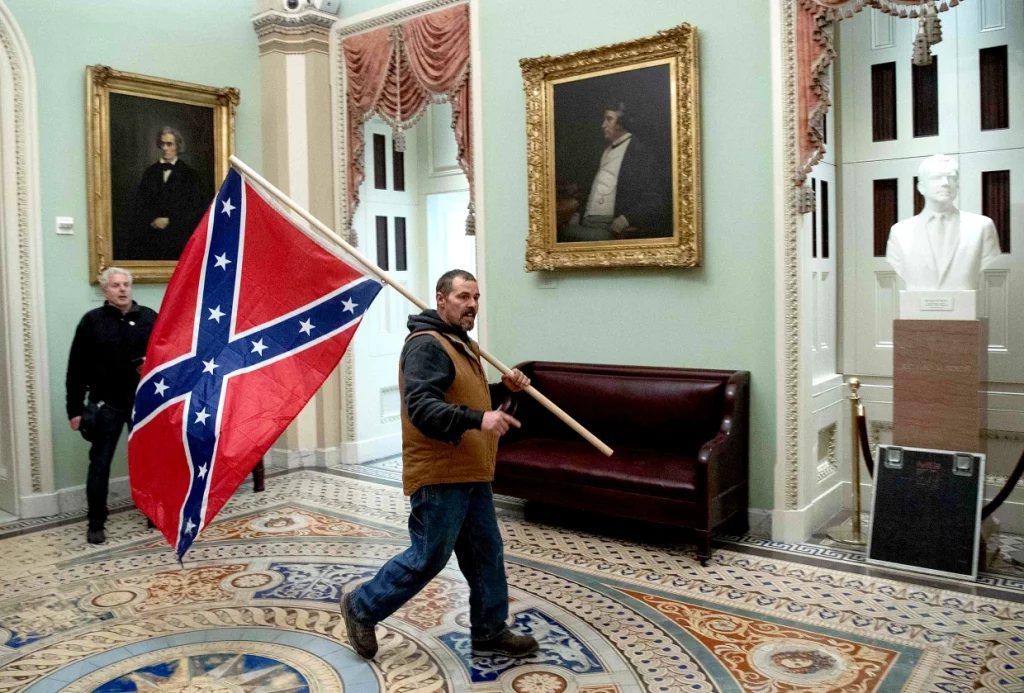
Forty years ago today, I began my enlistment in the U.S. Air Force. I don’t remember many details of the day I arrived at the Los Angeles MEPS (Military Enlistment Processing Station), but getting there was an interesting and unexpected journey….
As a teen, I had the privilege of living in Bonn, [West] Germany, the postwar capital, where I attended Bonn American High School. My fellow students were the kids of American Embassy staff, military, and, like me, civilian expats; as well as international diplomats and a few local Germans—overall, the upper crust of the international diplomatic community.
I played on the school’s football and soccer teams, wrestled for a year, and was the basketball team’s manager one season. Those teams traveled to countless American and international schools for games—Hahn Air Base, Bremerhaven, three different schools in Brussels, AFCENT in the Netherlands, and more—where I got glimpses of a different life: the enlisted men and women who make up the bulk of the military.
As much as I loved my experience in Bonn, nothing I saw on those bases attracted me. The buildings were boxy and lifeless; the airmen and soldiers no less so. The marching, the olive drab “pickle suits” … nothing called my name and said, “join us.” And nowhere in my family history was I aware of a military heritage. (Only years later would I learn of the Revolutionary War-era Fort Ehl in New York’s Mohawk Valley, or a great uncle(?) who had served in the Army.)
Memories of those bases were in my mind when, during my freshman year of college at Seattle Pacific University, I swore to my roommate that I would never enlist in the military.
But that year at college was hard for me. I loved the experiences and friendships I made on the crew team and I had fun working for the Seattle Repertory Theatre; but I was still lonely and disengaged both academically and spiritually. I had to leave.
After a second summer working at Forest Home, a family camp in the San Bernardino mountains, I decided to stay in Los Angeles to work. I found a job working nights in the photo processing plant of a grocery store chain: I spent eight hours putting stickers over the flaps of self-sealing envelopes with newly-developed photos. Not exactly a career track. (Funny thing, though: when I left after four months, my coworkers gave me a gold Cross pen and pencil set worth probably $50 at the time and over $100 now.)
That fall I rented a room in a house in La Puente. It was in my budget, but that’s about the only good thing about it. The owner’s husband (whom she’d married when she was 15) was a truck driver who’d been in a major accident and was in a rehab facility in Bakersfield. Just to survive, she rented out two of the three bedrooms in the house, forcing her 16-year-old kleptomaniac son to live in the garage. She lived in the master suite … and I mean lived: it was her bedroom, bath, living room, and kitchen. She kept nothing in the kitchen itself, saying that her son had stolen and sold most of the pots and pans for drugs. Her 19-year-old daughter lived elsewhere with her boyfriend.
I think I’d lived and worked there for just a couple months before the loneliness and longing for home got the best of me and I found myself walking into the Air Force recruiter’s office. My experiences during high school had made it easy to choose between the branches, my scores on the ASVAB (Armed Services Vocational Aptitude Battery) guaranteed me one of any five career fields I chose, and I would be able to leave for Basic Training not too soon and not too late … forty years ago today. January 27, 1984.


